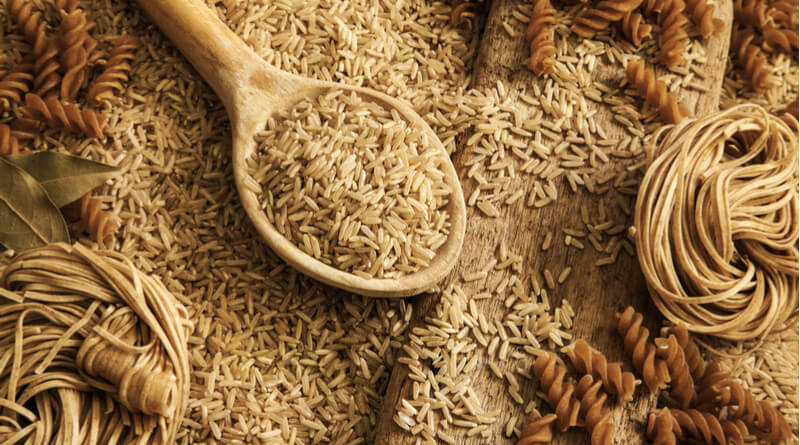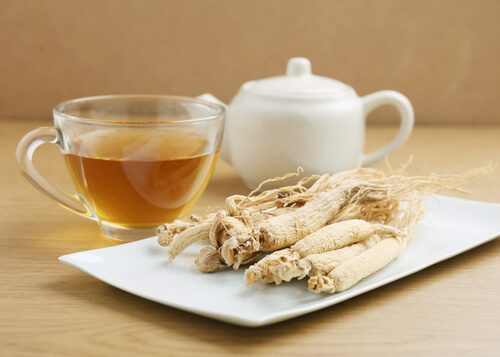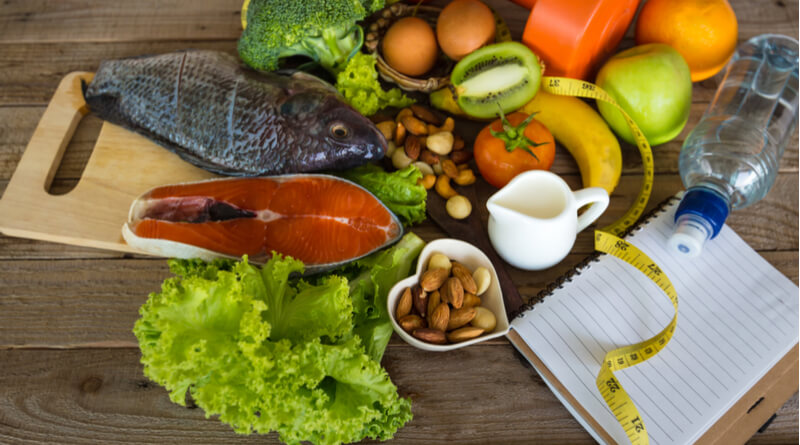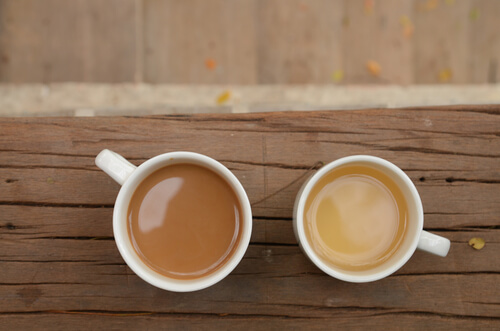After eating, it is normal for some food to be disposed of in the sink. Even if you try to dispose of most of your leftover food in the trash, you won’t be able to completely avoid putting some in the sink. This can develop blockages and cause clogs in your drain pipe over time if you’re not careful. Below are some foods that you absolutely should avoid at all costs if you want to keep your sink and plumbing operating at peak efficiency
Anything you can avoid
The most important thing to remember when putting anything down your sink, is that ideally only water should be going down your drain pipes. Every food item you pour down the sink will add to the buildup and help clog it over time. If you can, collect the food scraps and dispose of them in the trash. Scraping your plates before putting them in the sink is always the best method.
Grease/fat
Grease and fat are the biggest things to avoid pouring down the sink. The grease will stick to the drain pipes and act as an adhesive for other food scraps. There is no faster way to clog up your drains then to fill it with grease. If you have no choice but to pour grease down the sink, make sure to rinse it down with cold water. The cold water will harden the grease and help it evacuate the drain more efficiently. Using hot water will just make the grease adhere to the plumbing.
Rice and pasta
It is tempting to just pour scraps of rice and pasta down the drain. They’re such little articles of food, how can they cause a problem, right? Well rice and pasta create a thick paste when mashed up and combined with water. It’s just about as bad as grease in its ability to cling to food scraps and make a blockage in your drain pipe.
Corn husks, celery and asparagus
The long stringy fibers that make up these vegetables can form into a type of net inside your drain if you’re not careful. They basically will act as hair in the way they clog your drain. Lettuce has somewhat the same effect as well, so be careful.
Bones and fruit pits
Bone fragments and fruit pits are hard substances, so they have a decent chance of successfully evacuating from your drain. But they are jagged and awkward shaped, meaning they can become stuck in the bends, and eventually lead to a buildup or blockage.








